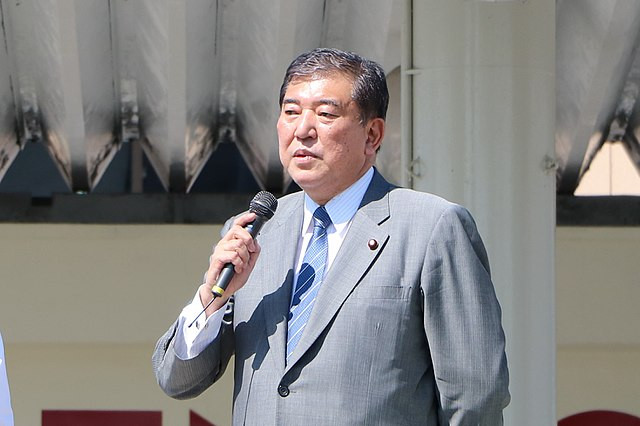Japan is poised to launch trade negotiations with the United States in Washington on Wednesday, making it one of the first countries to test President Donald Trump's openness to modifying the sweeping tariffs he recently imposed. The talks come as the White House fields requests from more than 75 countries seeking exemptions under Trump's 90-day pause on reciprocal tariff increases.
"Japan is coming in today to negotiate Tariffs, the cost of military support, and 'TRADE FAIRNESS'," Trump wrote on Truth Social. "Hopefully something can be worked out which is good (GREAT!) for Japan and the USA!"
Japan's top trade negotiator Ryosei Akazawa is scheduled to meet with Treasury Secretary Scott Bessent and U.S. Trade Representative Jamieson Greer. The agenda may also include issues related to exchange rates and energy projects, though the White House has not released specific details. "We believe a win-win situation can be achieved without tariffs," Akazawa said before departing for Washington.
Japan had previously been hit with 24% levies on exports to the U.S., alongside a 10% universal tariff and a separate 25% duty on cars-a critical sector for Japan's economy. While these additional tariffs are currently paused, they remain a central concern for Japanese negotiators.
Prime Minister Shigeru Ishiba has indicated that Tokyo will not be rushed into a deal. "We are not entering negotiations with a pre-set outcome," he said Monday, adding that Japan does not intend to make major concessions and has ruled out immediate countermeasures.
"The difficulty for the Japanese team is that the United States has created a huge amount of leverage for itself, unilaterally," said Kurt Tong, managing partner at The Asia Group and a former U.S. State Department official. "The U.S. is offering to not hit Japan with sticks, and Japan is stuck in a position of offering a whole lot of carrots. And from their perspective, it feels like economic coercion."
The Trump administration has insisted that countries seeking relief from tariffs must address broader trade imbalances and structural concerns. Bessent has said he hopes to negotiate deals that also tackle non-tariff barriers and currency issues-though Japan has pushed to keep exchange rate policy separate from trade discussions.
EJ Antoni, an economist with the Heritage Foundation, voiced optimism about the potential for a deal. "These negotiations are ultimately about making trade more free, not less," Antoni said. "It's also imperative that we continue isolating China from its geographical and economic neighbors, making Japan a key early ally in this process."





